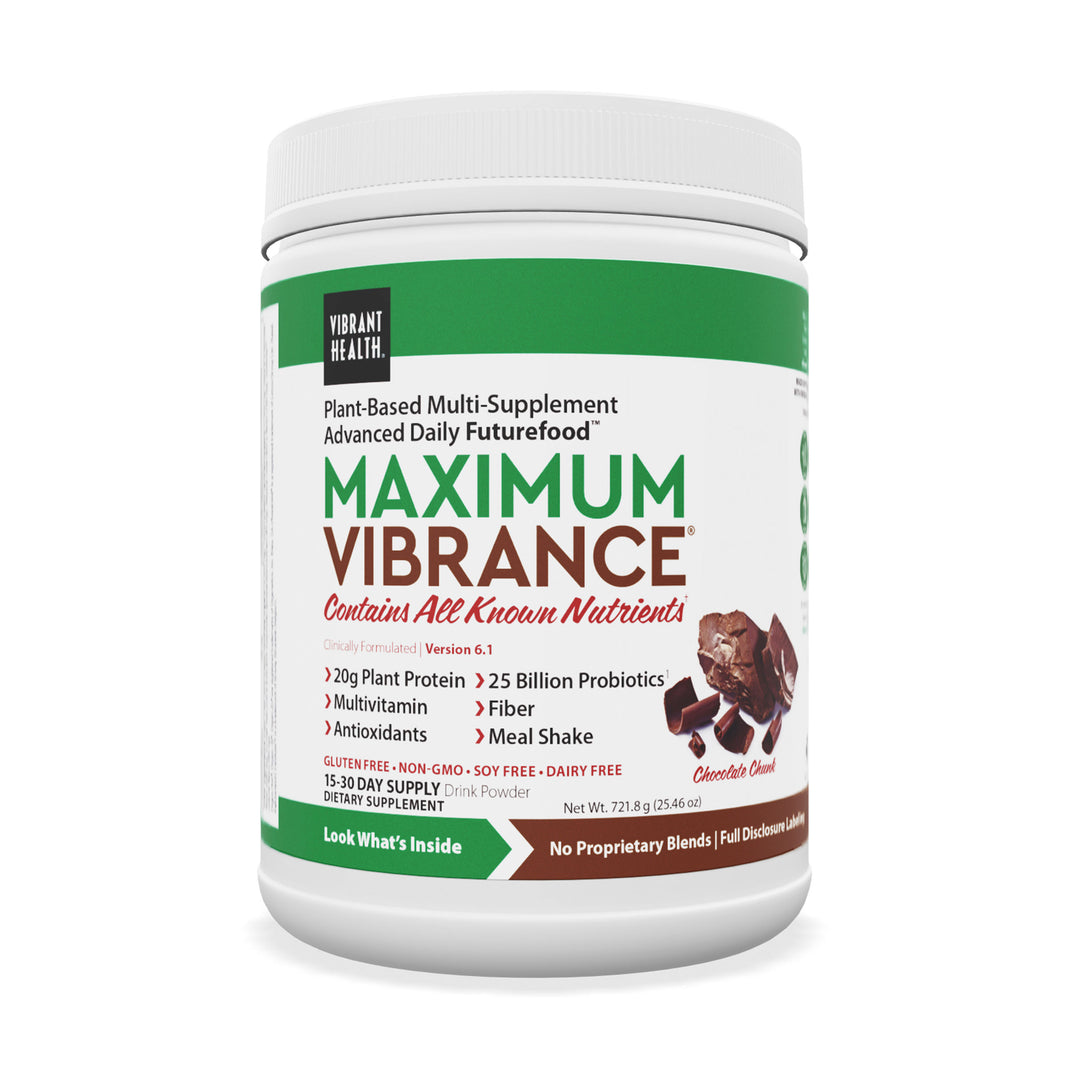From childhood people learn to associate bacteria with illness, and the fear that bacteria might get a foothold in our bodies has given rise to a wide variety of specialist household cleaning products, disinfectant hand washes, and even nasal sprays, eye drops and ear drops to help kill them off. Consequently, most people would be horrified to learn that the human body is made up of a lot more bacteria than cells. They would be equally surprised when informed that many of these bacteria are basically useful.
The stomach and intestines are ideal breeding grounds for bacteria: dark, warm, and filled with nutritious food. It should hence be unsurprising that around one-hundred trillion gut bacteria, also called gut flora or gut microbiota, flourish here.
Before you head to the pharmacy to arm yourself with ammunition to combat these bacteria, consider the following beneficial functions they perform:
They help to break down undigested carbohydrates, thereby preventing them from being stored as fat. This process also releases energy that you can use in your everyday activities. People who suffer from lactose and alcohol intolerance, for example, lack a sufficient amount of the required bacteria to break these substances down.
They help to produce vitamins B and K from the substances found in the intestines.
They help to train the immune system to understand some of the differences between harmful and harmless bacteria, thereby enabling the body to properly defend itself against the former without being triggered into an over-reaction by the latter. Spring allergies are the best known immune over-reactions to harmless substances, so if you suffer from this, your immune system may require some training.
They help to repress the growth of harmful microorganisms in the gut.
They help to stimulate cell growth, and thereby play a role in both the development of the intestines and in recovery after gut injuries, such as those caused by infections and radiation.
Gut bacteria are not all innocuous, however, since they have been linked with several potentially serious physical and psychological conditions.
Diseases Caused by Gut Bacteria
Some bacteria, such as Bacteroides and Clostridium, have been linked to a greater likelihood of colon cancer.
Many gut bacteria have been linked to inflammation, and specifically to the promotion of the type of inflammation that cause autoimmune diseases like rheumatoid arthritis.
Inflammatory bowel disease is caused by bacteria-driven inflammation as well, and can involve a chronic inflammation of all of your digestive tract from your throat to the end of your intestines.
Some bacteria, especially Helicobacter pylori which is meant to help regulate appetite, can cause stomach ulcers and infections if they sneak into the stomach lining.
Helpful bacteria can be harmful when they get outside of the intestinal tract, through small perforations in the stomach lining, for example. They can then cause potentially fatal infections and tissue damage.
Gut bacteria produces small molecules, called metabolites, that can reach the brain and affect its functioning. As such, researchers have found that an over-abundance of certain gut bacteria can contribute to depression, anxiety, attention deficit disorder, autism, and Alzheimer's disease.
Techniques to Promote Healthy Gut Bacteria
The type of bacteria in your gut depends largely on the diet you eat. For example, prevotella is common in people who eat a diet high in carbohydrates, while Bacteroides are common in people who eat a lot of animal products high in saturated fats. Since bacteroides have been linked with cancer formation, it is important to reduce or even eliminate saturated fats from your diet.
-
Research has unfortunately not progressed far enough to provide us with a detailed list of bacteria and the food types responsible for their growth; in fact, microbiome studies, as the study area is called, is a young field that has raised a lot more questions than it has answered.
At this stage researchers recommend a varied diet relatively high in natural foods and low in processed foods. This is because studies show that people with a diet high in processed foods have a much smaller variety of gut bacteria, while people who eat a varied diet have a much larger variety.
A large variety is not only natural, it also increases the likelihood that the bacteria that perform beneficial functions are still present.
Think about it as follows: if the few types of bacteria that happen to survive your diet high in processed foods coincidentally happen to be the more harmful types, that diet has clearly shifted your bacterial balance from basically benign to a harmful one. If, on the other hand, you follow a varied diet that allows a wide variety of bacteria to continue, you might promote some harmful ones, but also the beneficial ones that are supposed to control them.
Recent studies have suggested that athletes have more varied intestinal microbes than their non-athlete peers. While the research is still preliminary, it seems as if exercise can diversify gut bacteria.
-
Some studies have shown that animals and people who have consumed a lot of antibiotics are more overweight than those who have not.
This happens because antibiotics kill some of the bacteria that play a beneficial role in, for example, the digestion of carbohydrates and the regulation of appetite.
This clearly does not imply that you should never take antibiotics. After all, if you suffer from a life-threatening infection that can be relieved by antibiotics, it is rather unwise to avoid the only effective medicine just because it might make you gain weight. You can however avoid a lot of unnecessary antibiotics, however, such as those prescribed by zealous physicians and those found in edible animal products, and can seek out natural sources of antibiotics instead such as consuming raw garlic.
The other concern of consuming high quantities of antibiotics, is the possibility of resistance. If you repeatedly take an antibiotic, some harmful gut bacteria could become resistant to it and may then be untreatable when treatment is required. For example, when Helicobacter pylori causes stomach infections and ulcers, it needs to be treated with an antibiotic. But if the Helicobacter pylori in your gut has become resistant to the necessary antibiotics, your stomach infection and/or ulcer will be untreatable in this way.
Conclusion
As researchers link specific gut bacteria to specific health conditions, treatments will be designed that contain the beneficial bacteria and the antidotes to the harmful bacteria. Until research progresses that far, your best bet is to reduce your intake of animal products, reduce your consumption of antibiotics, exercise, and keep the remainder of your diet as diverse as possible with foods that help good bacteria breed, such as fibre rich organic whole grains, vegetables, and a small amount of fruit.




























Leave a comment